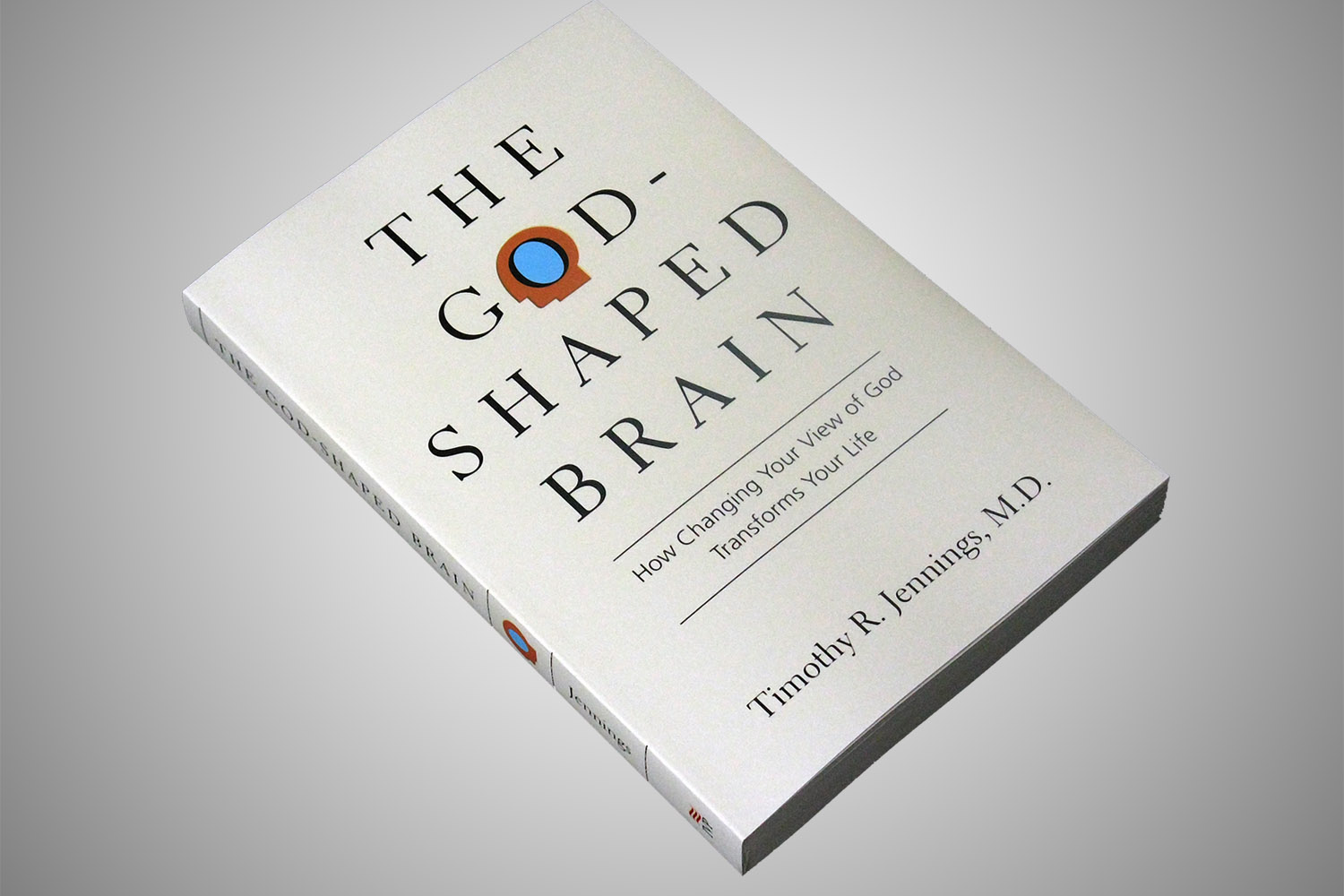How do we harmonize quotes like this one, or perhaps is there a better way to say it?:
“On the Day of Atonement the high priest… went into the most holy place with the blood and sprinkled it upon the mercy seat, above the tables of the law. Thus the claims of the law, which demanded the life of the sinner, were satisfied.” – Patriarchs and Prophets, p. 355
I like the way you teach and you obviously have this whole thing worked out in your understanding, but I am still struggling to come to terms with some of it, not that I disagree with what you are saying, but that I don’t know how to repeat some things because I don’t have the whole understanding yet. I don’t know if I am making sense. How do you explain the “substitution” aspect, ie that Jesus stands in our place in the judgment? I have pre-ordered your book. I can’t wait to get it.
Thanks for your ministry
Glad you pre-ordered the book, because it will lay all of this out so it will be easier to understand substitution and why Jesus had to die. But to your specific question…
First thing to do when reading quotes like this is to remind ourselves that the “law” is not a Roman imposed law, but our Creator’s protocols upon which life is built. The law of life!
Why would the law upon which life is built require the life of the sinner? For what reason did the law demand the life of the sinner? What is happening in the OT sacrificial service? Was it not symbolically revealing the process of restoring the sinner to unity and harmony with God?
If one believes the law of God is like a Roman emperor, an imposed law, then one sees such statements as demands for a blood payment to satisfy anger and wrath of the offended god and pay the legal penalty required by the broken law. All of this is based on accepting a lie about God’s law, that it is like Rome’s.
But what if one recognizes that the law is actually the protocol upon which life is built to operate and that “we are born in sin and conceived in iniquity” i.e. a terminal condition, then why would the law demand the life of the sinner? It would demand the sick, terminal, diseased, sinful life in order to heal, cleanse, renew, recreate, and restore the sinner in righteousness. Consider this description and how this author describes what the law requires:
“The law requires righteousness,–a righteous life, a perfect character; and this man has not to give. He cannot meet the claims of God’s holy law. But Christ, coming to the earth as man, lived a holy life, and developed a perfect character. These He offers as a free gift to all who will receive them. His life stands for the life of men. Thus they have remission of sins that are past, through the forbearance of God. More than this, Christ imbues men with the attributes of God. He builds up the human character after the similitude of the divine character, a goodly fabric of spiritual strength and beauty. Thus the very righteousness of the law is fulfilled in the believer in Christ. God can “be just, and the justifier of him which believeth in Jesus.” Romans 3:26.” Desire of Ages 762
What satisfies the law? A legal payment if you believe God’s law if like Rome’s, but a perfect life if you believe God’s law is the design protocol upon which He built His universe to operate.
So, when Jesus said we are to eat his flesh and drink his blood (John 6:53-56) he was trying to make it more obvious that the blood is a metaphor for his perfect life. When the blood was sprinkled on the ark it symbolized the law was satisfied because it saw perfection, perfect harmony with it, perfect character, the perfect life of Jesus. That blood was symbolic of the perfect character of Christ, which is now in the believer.
When we accept Jesus as our Savior we “die to self” (1Cor 15:31) and are renewed by the Holy Spirit, (Rom 12:2, Tit 3:5) so “it is no longer I that live but Christ lives in me.” (Gal 2:20) The “law is written upon the heart and mind” (Heb 8:10) and thus our old diseased life is destroyed and replaced with the life of Christ. Thus our sinful life was demanded to be surrendered so that the righteous life of Christ could be recreated within the believer. Christ is our substitute because he took upon himself “our iniquity” “our infirmity” our sick condition (Isa 53:4) so that Christ “who had no sin [would be made] sin for us, so that in him we might become the righteousness of God.” (2Cor 5:21)









 using your credit or debit card (no PayPal account needed, unless you want to set up a monthly, recurring payment).
using your credit or debit card (no PayPal account needed, unless you want to set up a monthly, recurring payment). instead?
instead?